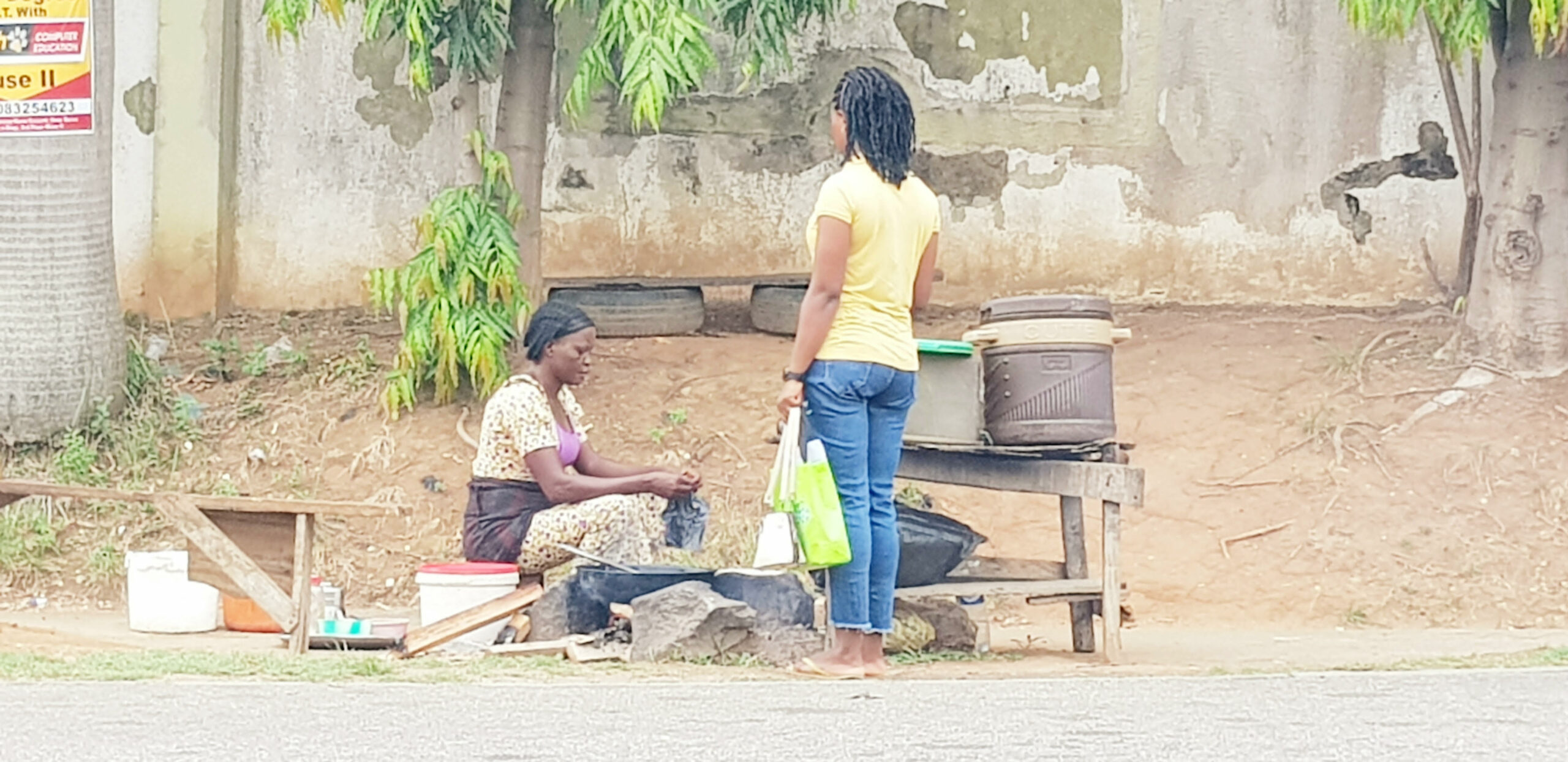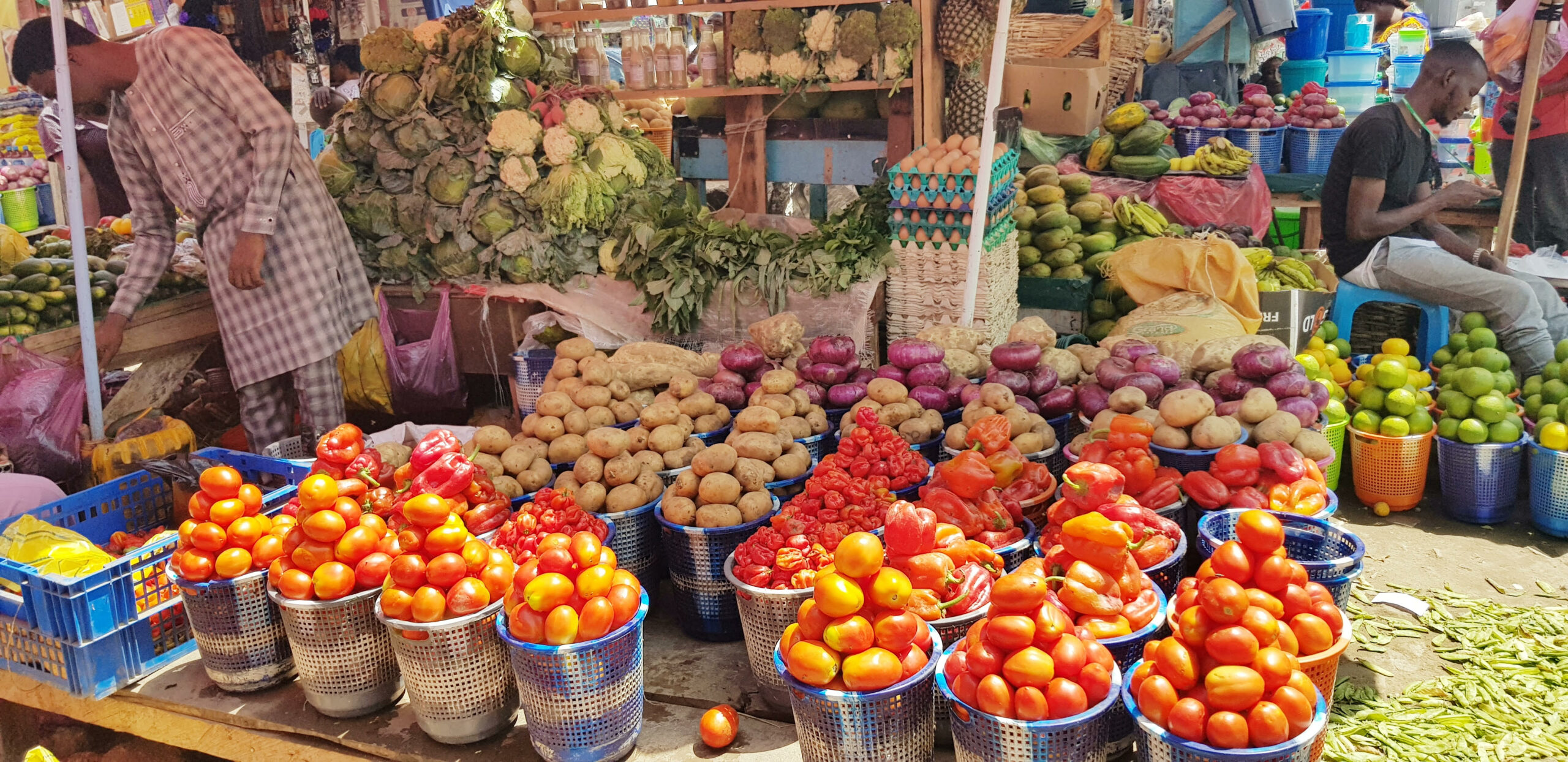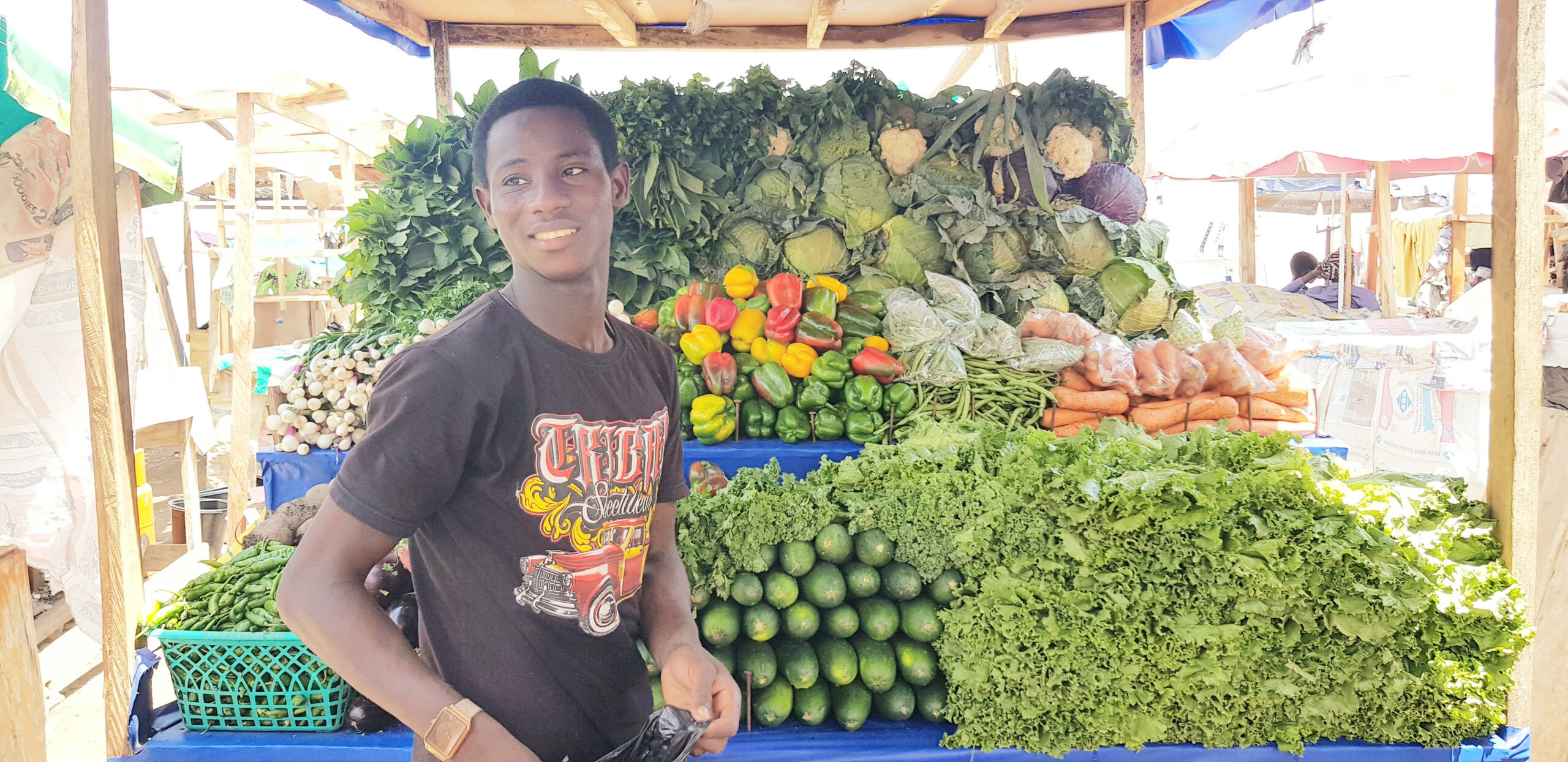“In the first week of Ramadan, I stopped opening for business in the mornings for some days because the patronage was low but by the following week, schools reopened and I resumed.”
This is the experience of a woman who sells deep fried beans balls locally known as akara and pap, along Wole Soyinka Avenue, Gwarinpa.

The woman who preferred to be addressed as Maman Boy, said because many of her customers are of the Muslim faith, she had to readjust and now produce more food in the evening when they have broken their fast.
Ramadan, an obligation of the Muslim faith is a period when all faithful, except the sick, elderly and those too young, are enjoined to abstain from food and drink from dawn to dusk and engage in prayers.
During Ramadan, economic activities, especially for those in the food business slow down during the day and peak up in the evenings.
While it is a period of boom for some, others can’t wait for Ramadan to be over so that they can have their usual customers back.
The good
Sanusi Garba, a fresh fish seller at Tipper Garage, Gwarinpa said his business witnessed a boom in the last one month.

“Sales have gone up since Ramadan, especially at the beginning. It’s a bit slow now towards the end. Maybe it is because of the slight increase in the price of the fish. We have 3 categories of fish, selected, big and small and between the beginning of Ramadan and now, there has been an increase of N500 to N1000. This could be the reason for the decline in patronage,” he said.
A fruit seller, Mohammed Abubakar, said his business witnessed a boom in spite the high cost of fruits, as some of them were not in season.
He attributed the high level of patronage to the high consumption rate of fruits during the season.

“Pineapple and banana were expensive this period but people like to break their fast with light foods and juices to keep them hydrated. More people buy watermelons and pineapples this season,” he added.
Similarly, a suya seller at a popular suya spot who preferred anonymity, said during Ramadan, they are unable to meet demand for chicken suya, especially, noting that they sell up to 500 units of chicken suya a day, sometimes.
“A lot of people come during the day to book ahead, pay and collect vouchers which they present to claim their orders by evening. You can hardly get chicken suya in the evening as a walk-in customer if you didn’t book ahead.”
Even though he could not say why there was usually increased patronage during Ramadan, he was happy that their bank account was beaming with smiles.
The not so good
Shuaibu Umar sells exotic vegetables in Gwarinpa Market.
The Ramadan period has not been all rosy for him and he looks forward to the period post Ramadan when his business will bounce back again.
Even though he partly blames the high cost of vegetables on the fact that they are out of season, “it was further worsened by Ramadan. People still manage to buy but patronage is low.”
“Before fasting, a bag of cabbage containing about 25 medium-sized pieces was N4000 but now, it costs an average of N10,000. Just today, we bought a big bag of cabbage for N11,000 and we only got 27 pieces. Bells peppers now cost N27,000 to N30,000 from between N7,000 and N10,000 while cucumber which was N3000 per bag is now between N9000 and N10,000, carrot has gone up to N10,500 a bag from between N3000 and N5,000.
“A bunch of lettuce was N1500 but now N4,000 on average, a bag of runner beans which was N3,000 is now N15,000, a bag of Irish potatoes was N25,000 and now N48,000 while a small basket of fresh pepper that was sold for N1800 is now 2700,” he stated.

Umar expressed optimism that with the onset of the rains, the prices of the foods would reduce in about three weeks and he can once again witness a boom in sales.
The owner of Yves Keto Treats, a healthy eating restaurant in Abuja, Mngusuun Dennis, also had tales of woes.
According to her, many of her customers are Muslims and cannot keep up with a strict diet regimen in addition to the Ramadan fast, thereby negatively impacting her business.
“We run a service that cooks and delivers daily meals to clients who are managing their weight or dealing with health challenges that require them to restrict certain foods and spices from their diet but we now have fewer people on our daily meal plan because they cannot keep up with the restrictive diet in addition to the dusk to dawn fasting. The implication of this is lower sales even though our overhead costs remain the same,” she explained.
She expressed excitement that Ramadan was over and she would have her customers back again.









